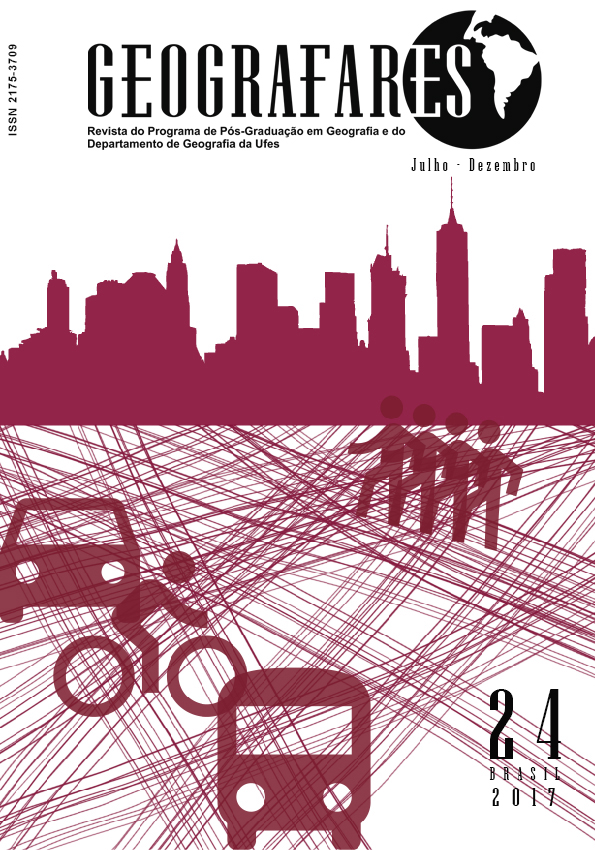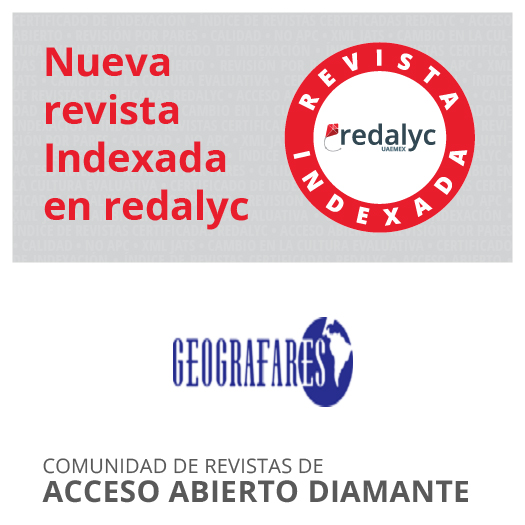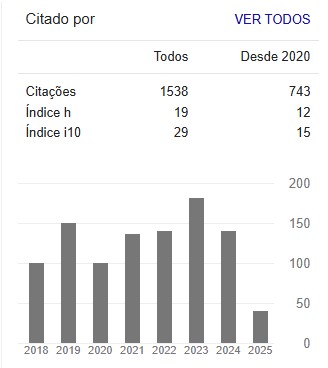Revisiter la mobilité : capital, travail et subjectivation
DOI :
https://doi.org/10.7147/GEO24.15677Résumé
Nous présentons un aperçu des débats sur la question migratoire brésilienne, en nous concentrant sur la mobilité spatiale ou territoriale de la population. Nous discutons des apports théoriques et des typologies de ce domaine, ainsi que du rôle de la planification dans sa reproduction. Nous expliquons les limites des troncs néoclassiques et historico-structurels de l'approche de la mobilité du travail et problématisons cette dernière à travers sa perspective ontologique du travail. Enfin, nous soulignons le caractère fétichiste d’une sociabilité fondée sur le travail et le processus tautologique de valorisation de la valeur, dans lequel chercheurs et production de connaissances se reproduisent comme éléments constitutifs de la relation.
Mots-clés : Mobilité du travail ; critique du travail; fétichisme.
Téléchargements
Téléchargements
Publiée
Numéro
Rubrique
Licence
(c) Copyright Geografares 2017

Ce travail est disponible sous la licence Creative Commons Attribution 4.0 International .
Autores que publicam nesta revista concordam com os seguintes termos:- Autores mantém os direitos autorais e concedem à revista o direito de primeira publicação, com o trabalho simultaneamente licenciado sob a Licença Creative Commons Attribution que permite o compartilhamento do trabalho com reconhecimento da autoria e publicação inicial nesta revista.
- Autores têm autorização para assumir contratos adicionais separadamente, para distribuição não-exclusiva da versão do trabalho publicada nesta revista (ex.: publicar em repositório institucional ou como capítulo de livro), com reconhecimento de autoria e publicação inicial nesta revista.
- Autores têm permissão e são estimulados a publicar e distribuir seu trabalho online (ex.: em repositórios institucionais ou na sua página pessoal) (Veja O Efeito do Acesso Livre).




























